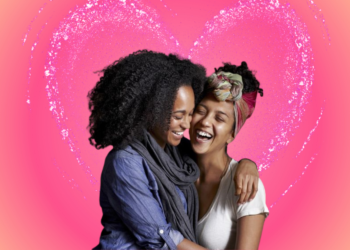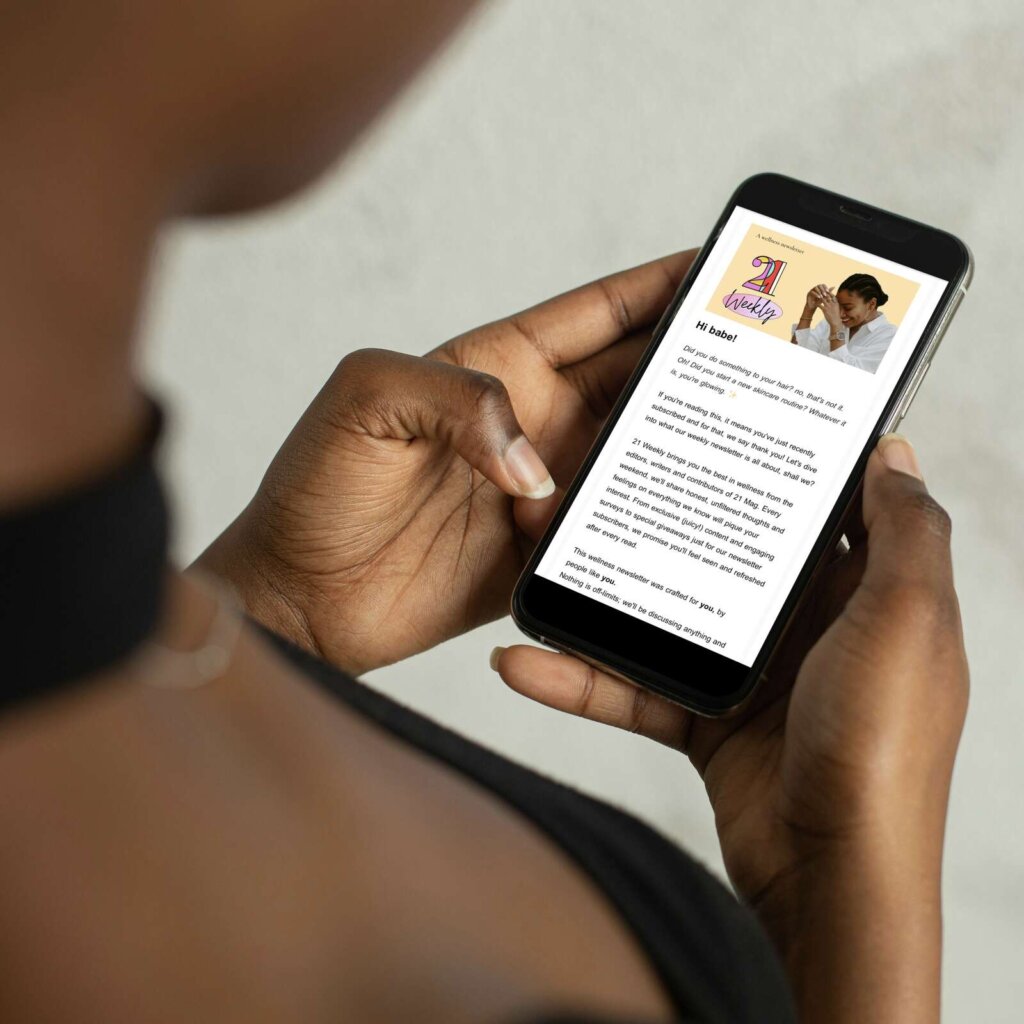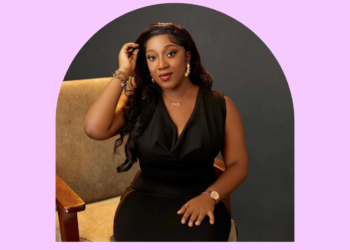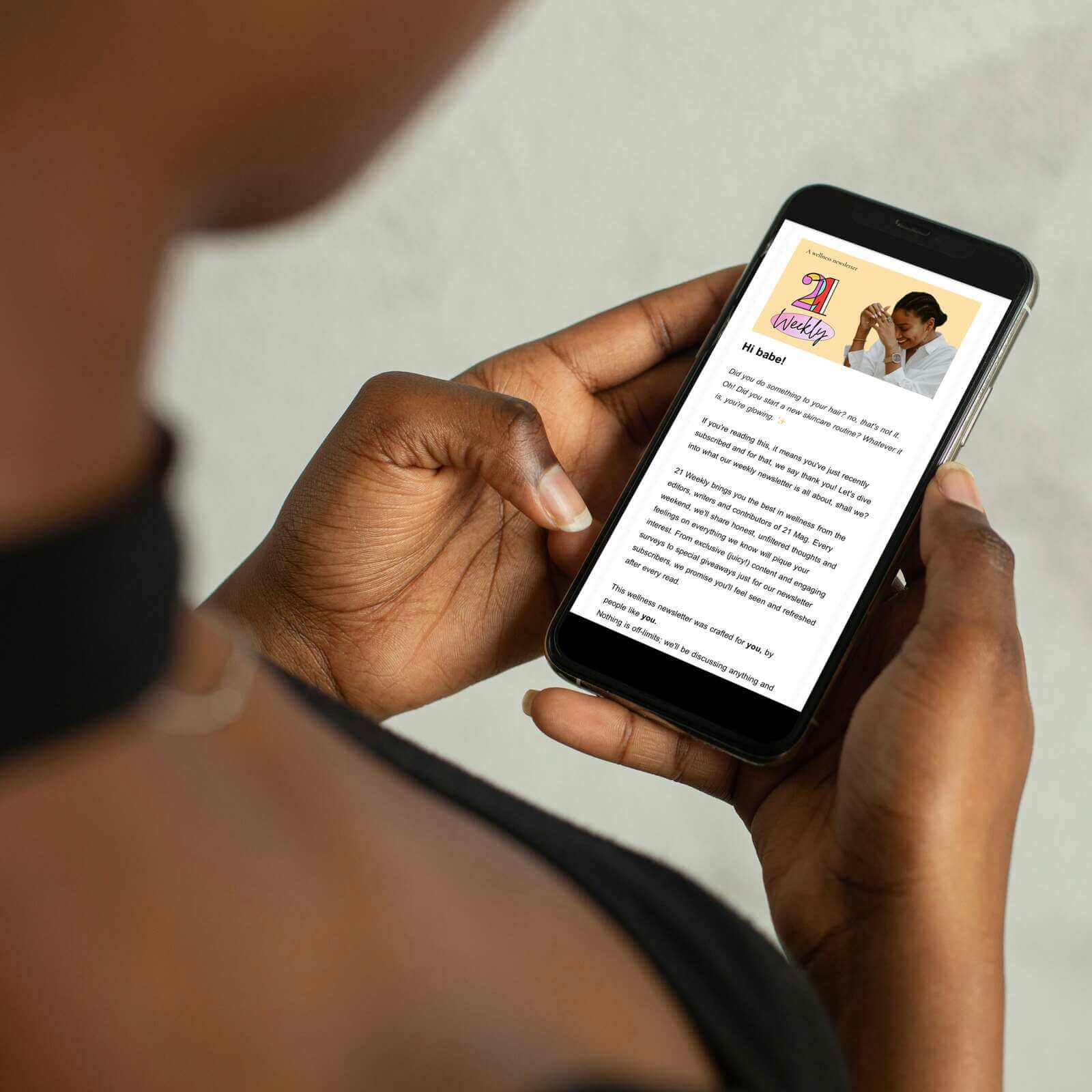No products in the cart.
Ways You Can Be A Better Ally To the LGBTQ Community
“This Act prohibits a marriage or civil union entered into between persons of same sex, and provides penalties for the solemnization and witnessing of same thereof” –Same Sex Marriage (Prohibition) ACT, 2013 Explanatory Memorandum.
On January 4th 2013, the then president of the federal republic of Nigeria, President Goodluck Ebele Jonathan, signed into law the Same Sex Marriage Prohibition Act (SSMPA). On the surface the law might seem to just prohibit same sex marriage, but it goes further than that.
The act interprets “civil union” to mean “any arrangement between persons of the same sex to live together as sex partners” and includes such descriptions as: (e) domestic partnerships and (g) registered partnerships.
Its prohibitions also includes but is not limited to, “the registration of gay clubs, societies and organizations, their sustenance, processions and meetings” and “the public show of same sex amorous relationship directly or indirectly”. It goes further to punish a person who registers or participates in a gay club and a person or group of people who administers, witnesses or aids the solemnization of same sex marriage or civil union, or supports the registration, operation and sustenance of gay clubs, societies, or meetings in Nigeria. These punishments are liable on conviction to a term of 10 years imprisonment individually.
The act reiterates that “only a marriage contracted between a man and a woman shall be recognized as valid in Nigeria”.
Life had not been particularly easy for LGBTQ Nigerians prior to the SSMPA. Before then, they were and still are subjected to social and legal condemnation. The Criminal Code Act, Section 214(1) and Section 217 criminalizes “carnal knowledge” against the order of nature with a penalty of fourteen years imprisonment and prohibits acts of “gross indecency” between males with a penalty of three years imprisonment respectfully. They were also discriminated at, dehumanized, beaten, raped, and killed for being homosexuals but the SSMPA is the icing on the cake that legally enables Nigerian homophobes. There are no laws that protect the rights and interests of LGBTQ Nigerians while they are being abused at will by both the government and the public. The police manhandle, extort and harass them for being queer or perceived as queer. LGBTQ individuals are denied housing facilities, healthcare, work opportunities, social gatherings, dignity, and worst of all, a right to live and express themselves.
In Southern Nigeria, LGBTQ individuals face a penalty of up to 14 years imprisonment while in most states in Northern Nigeria, they are subjected to worse by Sharia law – death by stoning.
In Gombe, Jigawa, Kebbi, Sokoto, Yobe, Zamfara and Bauchi, a lesbian “shall be punished with caning which may extend to fifty lashes and in addition be sentenced to a term of imprisonment which may extend to six months”.
In Kano, a person who ”being a male gender who acts, behaves, or dresses in a manner in which imitates the behavioral attitude of women shall be guilty of an offence and upon conviction, be sentenced to 1 year imprisonment or a fine of ten thousand naira or both” and “any female person who dresses or is attired in the fashion of a man in a public place is a vagabond, and shall be punished with imprisonment for a term which may extend to eight months and shall be liable to caning which may extend to thirty-five lashes”.
No one should be subjected to such abuses or dehumanization simply because of the way they dress, act, who they are attracted to, or who they choose to have sex with. Every Nigerian deserves a fundamental right to live and be protected by the government.
Your religion and/or morals should be a yardstick for how you should live your life and not to dictate to other people how they should live theirs. Tuck your homophobia in.
We need to come together as a society to shut down personal and state sanctioned homophobia. Injustice to one, is injustice to all. Don’t forget, ‘no one is free until we are all free’.
Ways to be a better LGBTQ ally:
An ally is an individual that is not of the LGBTQ community but recognizes, supports and advocates for rights and fair treatments of LGBTQ individuals.
- Recognize your privilege. As a straight or heterosexual person, your life is not criminalized. You can love and exist as loudly and unapologetically as you want. This is not a privilege LGBTQ individuals are afforded, so use your privilege to loudly call for the enforcement of LGBTQ rights.
- Ask and listen to LGBTQ individuals on how you can be of help. Don’t assume that you know what they need better than they do. As an ally, you should help amplify their voices, and not speak over them.
- Read and learn. Check and correct your biases, ask respectable questions and educate yourself about queer issues. Don’t stereotype LGBTQ individuals. There’s no one way to be queer, members of the community are diverse and not one and the same.
- Walk the walk and talk the talk. Don’t include in, and shut down conversations that dehumanize LGBTQ people. Educate those around you on the injustices LGBTQ individuals face and how they can help. Go for protests, marches, rallies, etc that advocate for equality for queer individuals.
- Support can range from extending empathy to LGBTQ individuals to donating money, time or resources to LGBTQ support groups.
- Be inclusive. Individuals of the LGBTQ community have for a long time been marginalized, sidelined and discriminated at. If you can, recommend, employ and protect them.
- Use social media to amplify LGBTQ issues. Trend hashtags such as #QueerLivesmatter, #RepealSSMPA and #EndHomophobiaInNigeria to create awareness on the injustices LGBTQ people face and to put pressure on the government to legalize same sex marriage and enforce equal rights for LGBTQ individuals.















